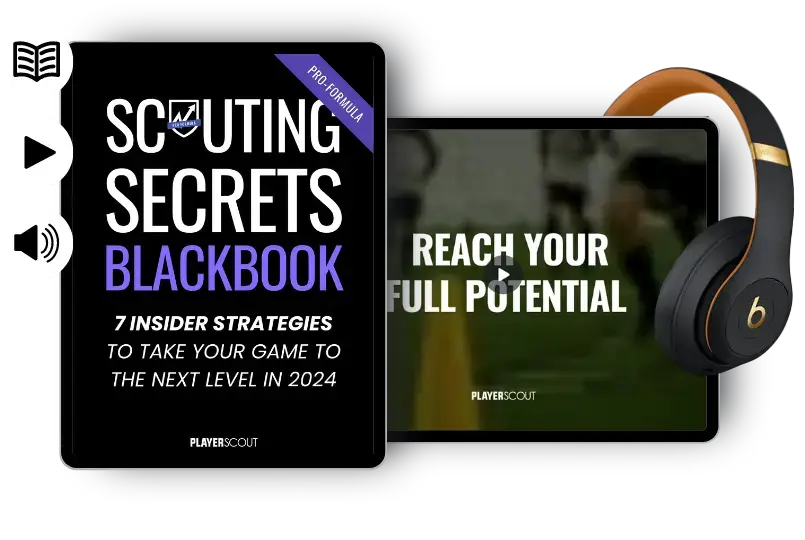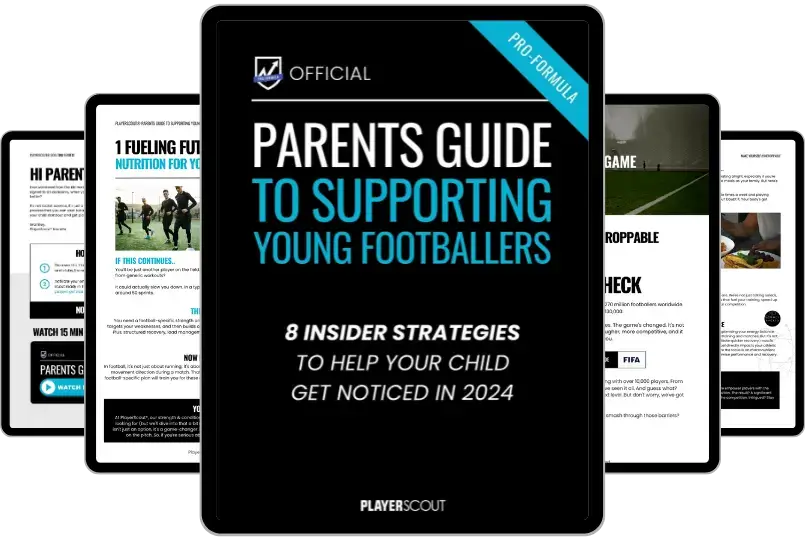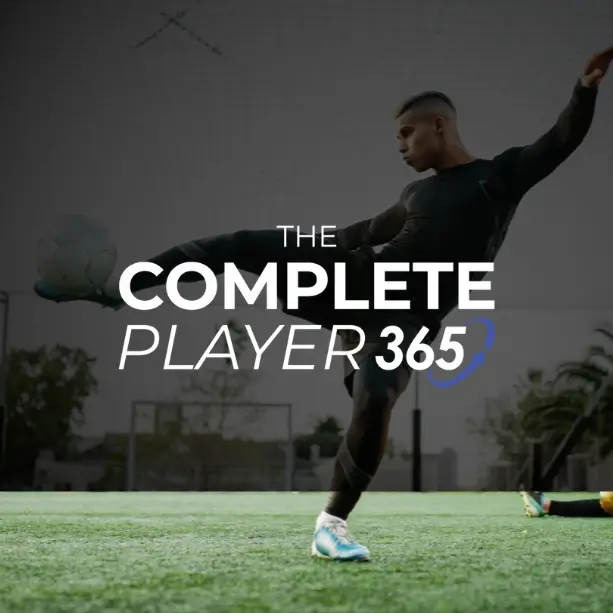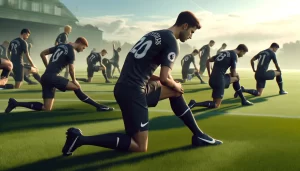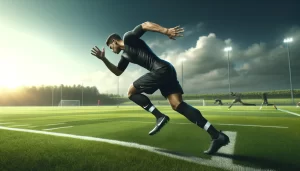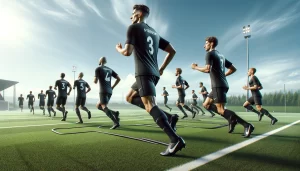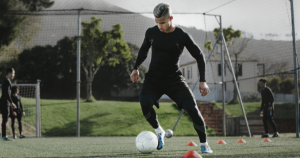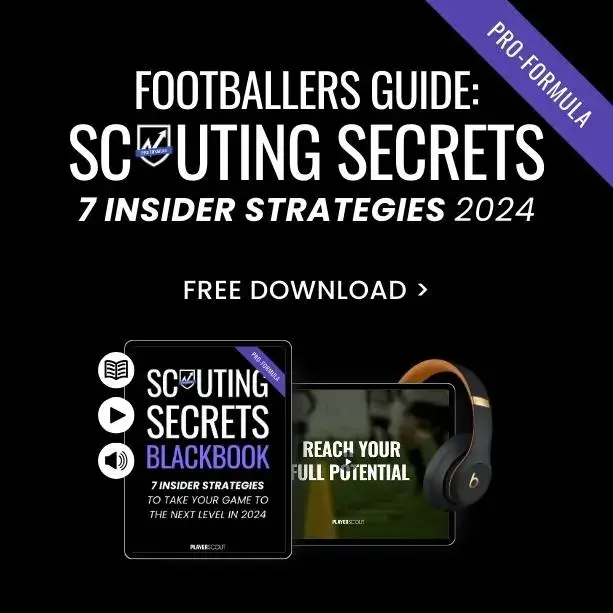Brighton FC Academy Academy is developed in order to invest in upcoming footballing talent and provide the network, coaching, health and lifestyle advice that each player needs to make a successful career in football. If you are looking for a career in football, and live in the Brighton and Hove Albion catchment, then your best chance will be to join Brighton’s Academy.
About Brighton FC Academy
Brighton & Hove Albion Academy offer an advanced football development and education programme supported by expert and dedicated staff. Brighton And Hove Albion Training Ground, 60 Mash Barn Lane, Lancing, West Sussex, BN15 9FP Brighton & Hove Albion Academy use advanced technology and coaching methods to develop their players. They are actively looking for upcoming talent to join their academy, and are very selective about who gets in, as competition is tough. With the changes that have taken place in the football academy system. Academy Category one clubs are now free (U12+) to recruit from all over the nation. Previously, Category one clubs could only recruit talent within a 90 minute traveling time to the Academy, but the FA have reconsidered this following thinking that the best talent should only fairly be allowed to play in the best academies even if they do not live nearby. This gives the very best talent the very best chances of success, thus growing our home grown talent for the international stage. This has seen a rise in host families being recruited at Brighton FC Academy, to help house young promising talent in safe family environments.Upcoming Fixtures at Brighton FC Academy
Brighton & Hove Albion Academy has a whole programme of upcoming activities, fixtures and events. Check the times of each match or look up the match venue for any of the Brighton & Hove Albion Academy age group.How to get a trial at Brighton FC Academy
You must be selected to have a trial at Brighton & Hove Albion Academy, so it is important that players are spotted in the right places at the right times. For some players, they prefer a direct approach sending in links to videos of themselves playing football, but it is worth bearing in mind that clubs receive thousands of these videos each week and simply don’t have time to watch them all and go about their daily business, so the most effective way of getting scouted for a trial at Brighton FC Academy is to join a Brighton & Hove Albion Soccer School. Scouts regularly select young players from soccer school sessions and invite them to trial at the development centers for Brighton & Hove Albion Academy and anyone can play in their soccer schools so it offers an open door for all to get spotted. It is also particularly good planning to take your child to soccer schools as soon as they are old enough, as their competition will be doing the same, so it enables them to develop their talents in line with the same level as their peers.How to get scouted by a Brighton FC Academy scout
Brighton & Hove Albion Academy scouts offer players the chance to trial. Many players are lucky enough to find themselves in the right places when scouts are watching games, but Brighton & Hove Albion are also very aware that good talent can slip through the net, so do offer players the chances to directly contact them with the below details. Understandably they are unable to respond to everybody due to the volume of applications, but this does serve as an effective way to alert scouts about talent looking to take their football to the next level and secure a trial for Brighton FC Academy. Brighton FC Academy will assess your application and decide whether or not to send a scout to watch the game.Syllabus at Brighton & Hove Albion Academy
The training program at Brighton & Hove Albion Academy is broken into technical and tactical training, with a special module for Goalkeepers. The below demonstrates:- The professional development phase at the Brighton FC Academy
- The youth development phase at the Brighton & Hove Albion Academy
- The foundation phase at the Brighton FC Academy
- The youth / professional development phase at the Brighton & Hove Albion Academy
- The foundation development goalkeeper phase at the Brighton FC Academy
Professional Development Phase at Brighton & Hove Albion Academy
Outfield Players – Technical
- Passing – Playing forwards through tight passing channels
- Receiving the ball – Receiving the ball in the air to pass in the least number of touches
- Passing – Generic passing practises to move the ball on two touches
- Running / Dribbling with the ball – Developing the 1st touch to break through a variation of receiving surfaces
- Running / Dribbling with the ball – Variations in the dribble to advance in 1 v 1’s
- Shooting – Shifting the ball to get shots off under pressure
- Passing – Keeping the ball moving for a long period of time
- Manipulating the ball – Shifting the ball across the body with a variation of surfaces
- Turning – Turning away from pressure and protecting possession of the ball
Outfield Players – Tactical
- Possession (Playing out from the back) – Midfield rotation to receive high and low open up passing channels
- Possession (Retaining the ball to penetrate) – Working in front or behind opponents to retain the ball looking to play forwards
- Possession (Game management) – Playing with and against an overload (the extra man)
- Attacking (Counter attacking) – Breaking from the defending third
- Attacking (Centrally) – Playing between lines and breaking lines with and without the ball
- Attacking (Wide areas) – 1 v 1’s, 2 v 2’s to create goalkeeping opportunities
- Defending (Individual) – Approach to the ball dependent on the opposition and area of the pitch
- Defending (Groups & Units) – Defending later and deeper
- Defending (Making play predictable, Regains and Possession Decision) – Pressure as the team/group hunting the ball for quick regain
Goalkeepers
- Goalkeeper support – Variety of passes and support for players in possession
- Goalkeeper support – Awareness of best option looking to penetrate with distribution
- Goalkeeper support – How the goalkeeper can affect the state of the game
- Goalkeeper defending – How to deal with 1 v 1 situations in game situations
- Goalkeeper defending – Early shots always being set in and around the box
- Goalkeeper defending – Positioning and decision making in dealing with the cross
- Goalkeeper communications – Organisation and support to the defender
- Goalkeeper communications – Communications to players away from the ball
- Goalkeeper communications – Developing the goalkeeper to compact
Foundation Phase at Brighton & Hove Albion Academy
Outfield Players – Technical
- Protecting the Ball – Setting the scene for receiving on the safe side – guidelines for success
- Passing – Short, quick and high tempo passing in small groups
- Receiving the Ball- Developing the set as part of link play to move the ball forwards
- Turning – Developing turns under passive pressure to include disguise
- Shooting – Longer distance shooting relevant to the age of the group
- Running / Dribbling With the Ball – Long and thin practices to practice breaking into space from a dribble or receiving the ball
- Shooting – One touch finishing around the goal on angles with pressure approaching
- Passing – Passing within larger areas focusing on techniques to a longer pass (floor / aerially)
- Manipulating the Ball – Quick foot movements to manipulate a small skills ball
Outfield Players – Tactical
- Possession (Individual) – Developing players to receive the ball and maintain possession on their safe side
- Possession (Group Play) – Develop players to receive and play away from pressure in small groups
- Possession (Directional) – Possession / wave practises maintaining the speed of the ball from start to finish
- Attacking (Individual) – Changes of direction and speed to beat opponents
- Attacking (Groups) – Small group attacking practices (4v4, 5v5). Movement/combinations to create and exploit space
- Attacking (with/against overloads) – Small sided games working on creating and exploiting space on the transition
- Defending (Pressure the Ball) – Basic principles to approaching a player in possession
- Defending (Small Groups) – Possession based practices focusing the change of roles based on the movement of the ball
- Defending (Regaining to Play) – Regaining the ball and countering to a scoring conclusion
Goalkeepers
- Goalkeeper support – Passes and throws to start play
- Goalkeeper support – Choosing the best distribution option
- Goalkeeper support – Using the ball quickly after making a save
- Goalkeeper defending – Throw ball situations and close range shots
- Goalkeeper defending – Attacking the ball and parrying away to safe areas
- Goalkeeper defending – Making recovery saves within the game
- Goalkeeper communications – To defenders individually and as part of a unit
- Goalkeeper communications – Developing the ability to be clear and concise
- Goalkeeper communications – Start positions in relation to the ball
Goalkeeper Foundation Phase at Brighton FC Academy
Goalkeepers – Technical
- Handling – Footwork set in position with a variation of serves
- Distribution – Playing out from the back from feet and hands, providing angels of support
- Handling – Variation of handling practices concluding with penetrative distribution
- Shot Stopping – Dealing with 1v1 encounter
- Shot Stopping – Low, medium and high diving sales from central
- Distribution – Technique of longer distribution for feet and hands (classic counter attacks)
- Shot Stopping – Speed of movement across the goal in the line down the line of the ball for an angled strike
- Handling – Technique of dealing with low balls in and around the body
- Crossing – Basic technique and positioning (in relation to the ball) covering balls into front middle far areas
Goalkeepers – Tactical
- Goalkeeper support – Using a variety of passes and throws to start play
- Goalkeeper support – Choosing the best distribution option
- Goalkeeper support – Using the ball quickly after making a save
- Goalkeeper defending – Dealing with through ball situations and learning how to deal with cross range shots
- Goalkeeper defending – Attacking the ball and parrying away to safe areas in game situations
- Goalkeeper defending – Making recovery saves within the game
- Goalkeeper communications – Communication to defenders individually and as a unit
- Goalkeeper communications – Developing the ability to be clear and concise
- Goalkeeper communications – Set positions in relation to the ball
Goalkeeper Youth / Professional Phase at Brighton FC Academy
Goalkeepers – Technical
- Distribution – Out of the back to the best option and supporting the play
- Crossing – Dealing with deep crosses into the 18 yard box and transition to distribute
- Shot Stopping – Into line and down the line of the ball for angled strike
- Handling – Dealing with low balls around the set position inclusive of the 1v1 encounter
- Shot Stopping – Dealing with low, medium and high dives from a central and angled strike
- Crossing – Dealing with crosses centrally and to front post areas
- Shot Stopping – Dealing with close reaction shots, double and triple saves
- Distribution – Technique of starting counter attacks, choice of delivery
- Crosses – Dealing with crosses centrally and to the back post area
Goalkeepers – Tactical
- Goalkeeper support – Start play using a variety of passes and providing angles for support for players in possession
- Goalkeeper support – Awareness of best option looking to penetrate with distribution
- Goalkeeper support – Managing the game and understanding how the goalkeeper can affect the state of the game
- Goalkeeper defending – Dealing with 1v1 game situations
- Goalkeeper defending – Dealing with early shots always being set in and around the box
- Goalkeeper defending – Positioning in relation to the ball, decision making on dealing with the cross
- Goalkeeper communications – Organisation and support to the defender (clear and concise information)
- Goalkeeper communications – Communications to players away from the ball
- Goalkeeper communications – Developing the goalkeeper to compact play through the line taken by the defending players


